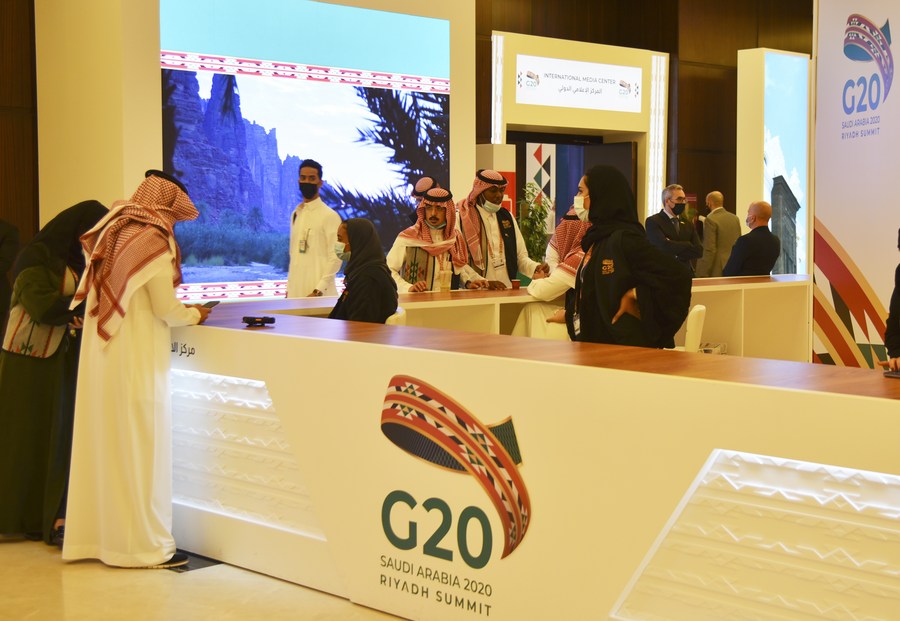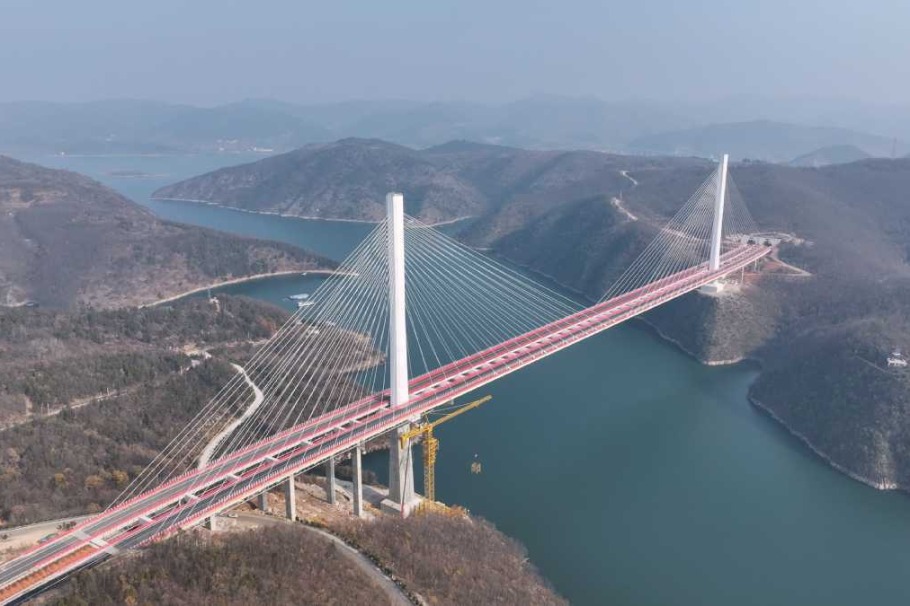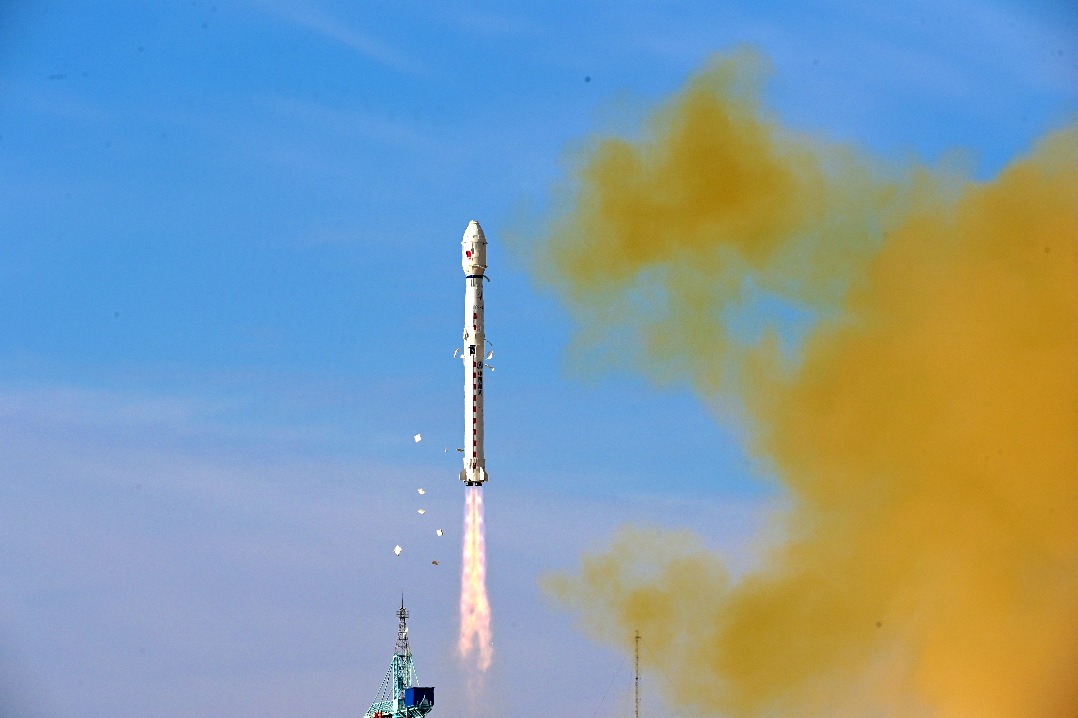Concerted global action needed to help the poor


Confronted with a crisis threatening the world economy, G20 leaders met in April 2009 to agree on decisive action to prevent a global depression that would have a disproportional impact on the poor.
The Group of 20's largest economies had gathered in London then to respond to the global financial crisis that peaked the previous year.
The G20 held its latest meeting this past weekend, a virtual one this time, to confront the newest crisis to threaten the world community and, first and foremost, its poorest members.
History never quite repeats itself. The 2007-09 crisis was man-made, unlike the COVID-19 pandemic. It sent stock markets into freefall, whereas the latest crisis has seen shares broadly recover.
Now as then, however, agencies such as the World Bank calculated that the global crisis would push an additional 100 million people below the poverty line.
The financial crisis of a decade ago threatened to reverse a 20-year decline in world poverty rates. At that time, the G20 leaders came up with a $1 trillion package of measures to help troubled economies and boost global trade.
On the eve of this year's virtual 15th G20 Leaders' Summit, United Nations Secretary-General Antonio Guterres warned that "the developing world is on the precipice of financial ruin and escalating poverty, hunger and untold suffering "as the world struggled to combat the pandemic.
President Xi Jinping told the G20 summit by video link from Beijing that it was critical to advance global poverty reduction to create an inclusive, sustainable and resilient future. "We need substantial measures more than ever in the face of COVID-19," Xi said.
The weekend session, hosted online by Saudi Arabia, concluded with a statement that said the social and economic impact of the present crisis made it even more urgent to accelerate efforts to end poverty and tackle inequalities.
"We need to avoid at all costs a scenario of a two-speed world where only the richer can protect themselves against the virus and restart normal lives," French President Emmanuel Macron said during the event.
Already, back in April, wealthier nations offered to freeze bilateral government loan repayments this year for low-income countries, although there has been criticism that the G20 could have done more to help the poor.
The headline result of this weekend's session was a pledge to ensure low-priced and global access to emerging vaccines to combat COVID-19.
The G20 agreed to extend the repayment freeze to poorer countries, and its final declaration acknowledged a deteriorating outlook in many low-income countries. But it otherwise limited itself to recognizing that further debt relief might be necessary on a case-by-case basis.
One aspect of crisis management that differs drastically from 2009 has been the shift in international consensus during the current US presidency.
A worldwide depression was averted a decade ago as a consequence of unprecedented coordination, notably involving China and the then incoming Obama administration.
This year, by contrast, US President Donald Trump tuned into the Saturday session of the G20 for long enough to attack the Paris climate accord.
The New York Times said the G20's closing statement was a final reminder of the wide gulf between the US and its allies on handling global threats like the novel coronavirus pandemic.
"Overall, the communique offered little in terms of any breakthrough announcements beyond general appeals for more global cooperation and 'affordable and equitable access' to therapeutics and vaccines," the newspaper said.
"The lack of US leadership at such forums comes as the world continues to face severe economic strain from the pandemic," it added.
Earlier this month, a group of former US officials urged President-elect Joe Biden to call an early summit of the G20, once he is sworn in as US president in January, in order to renew US commitment to diplomacy and to fight the global health and economic impacts of the pandemic.
The global scale of the pandemic and the economic fallout required a more coordinated response from the G20, according to their appeal.
Former US treasury secretary Larry Summers, former senior US treasury official Mark Sobel and Matthew Goodman, a White House official during the Obama administration, said G20 leaders, in order to help the world's poorest, needed to shore up fiscal support, tackle climate change and ramp up work to avert a looming debt crisis.
The author is a senior media consultant for China Daily UK.The views do not necessarily reflect those of China Daily.



































